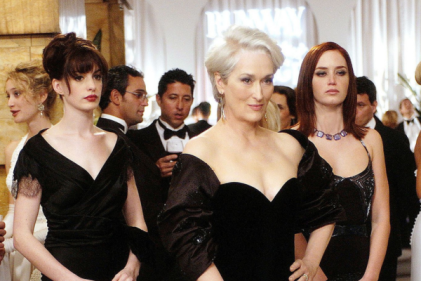The Human Fertilisation and Embryology Authority have given scientists in the UK permission to genetically modify human embryos.
Eager to investigate the possible causes of miscarriage, researchers requested they be permitted to analyse embryos so as to gain a greater understanding into the early stages of fertilisation and development.
Speaking perviously on the subject, Dr Kathy Niakan of the Francis Crick Institute elaborated on the motivation for this particular form of research, saying: "We would really like to understand the genes needed for a human embryo to develop successfully into a healthy baby."
Turning her attention to potential benefits of the practice, Dr. Niakan explained that her research could ultimately mean that an embryo which researchers have identified as having the greatest chance of developing could be implanted or, failing that, genetics could be altered in order to maximise an embryo’s chance of survival.
Commenting on the research which will rely on a technology called CRISPR-Cas9 and utilise embryos donated by couples undergoing IVF, Dr. Niakan asserted: "It will teach us critical information about these genes in early human development."
Releasing a statement confirming the news, the Human Fertilisation and Embryology said: "Our Licence Committee has approved an application from Dr Kathy Niakan of the Francis Crick Institute to renew her laboratory's research licence to include gene editing of embryos."
Elaborating further, it continued: "The committee has added a condition to the licence that no research using gene editing may take place until the research has received research ethics approval."
The scientists will not be allowed to implant any embryos used in their research into women, with the HFEA confirming: "As with all embryos used in research, it is illegal to transfer them to a woman for treatment."
What are your thoughts on today's announcement?














